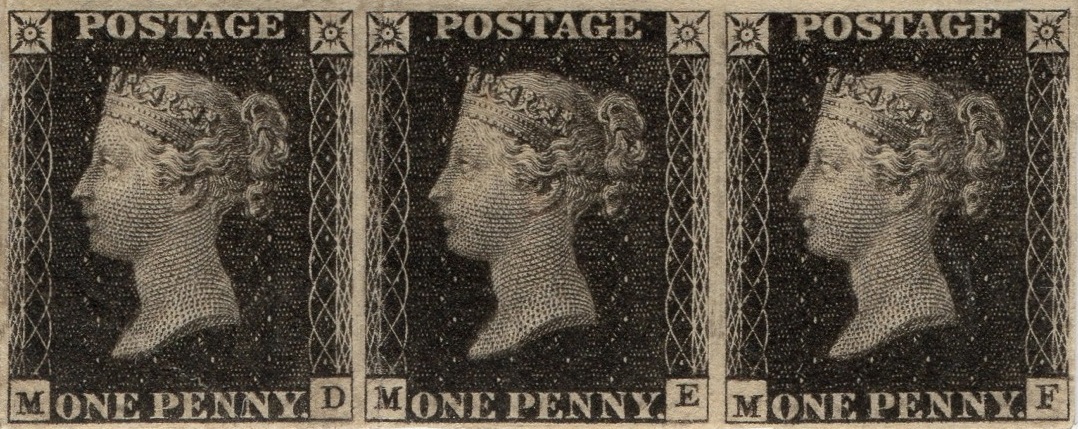Post Office Reform: its Importance and Practicability was privately circulated in 1837 by Rowland Hill, a schoolmaster from Birmingham.
The report called for “low and uniform rates” according to weight, rather than distance. Most of the costs in the postal system were not for transport, but rather for laborious handling procedures at the origins and the destinations. At that time, letters were paid for by the recipient, not the sender. Costs could be reduced dramatically if postage were prepaid by the sender.
Hill proposed to lower the postage rate to a penny per half ounce, without regard to distance. His idea of prepayment facilitated the safe, speedy and cheap transfer of letters.
In the House of Lords the Postmaster denounced Hill’s “wild and visionary schemes”.
The penny post was a remarkable success with the number of letters posted rising from 90 million in 1839 to 679 million in 1864. This was more than enough to make up for the initial loss in tax revenue.
Another big idea in 1837 was nurturing the creativity of each child by “play and activity”. Friedrich Froebel taught children how to learn, observe, reason, express and create through play. Employing philosophies of unity and interconnectedness, the songs, games, playing with blocks and nature walks of Kindergarten become familiar throughout the world by the end of the 19th century.
